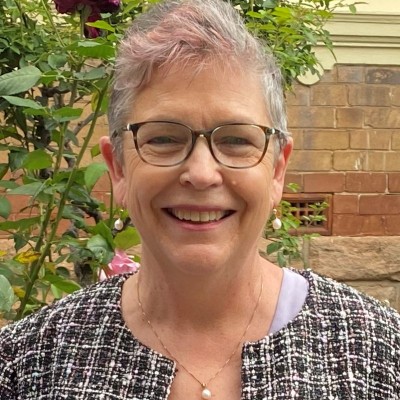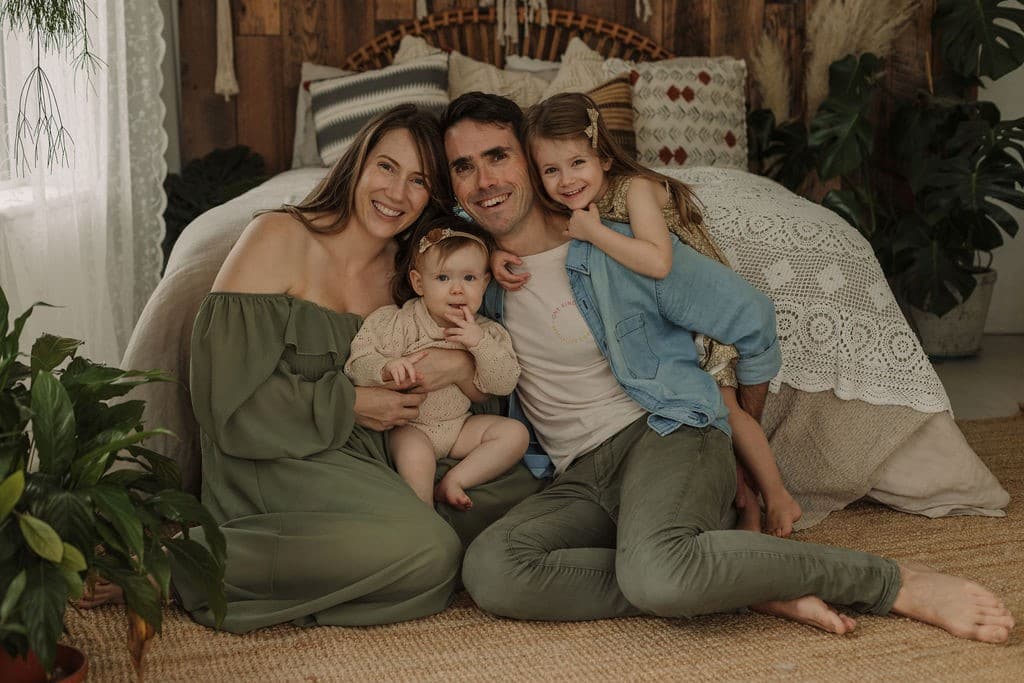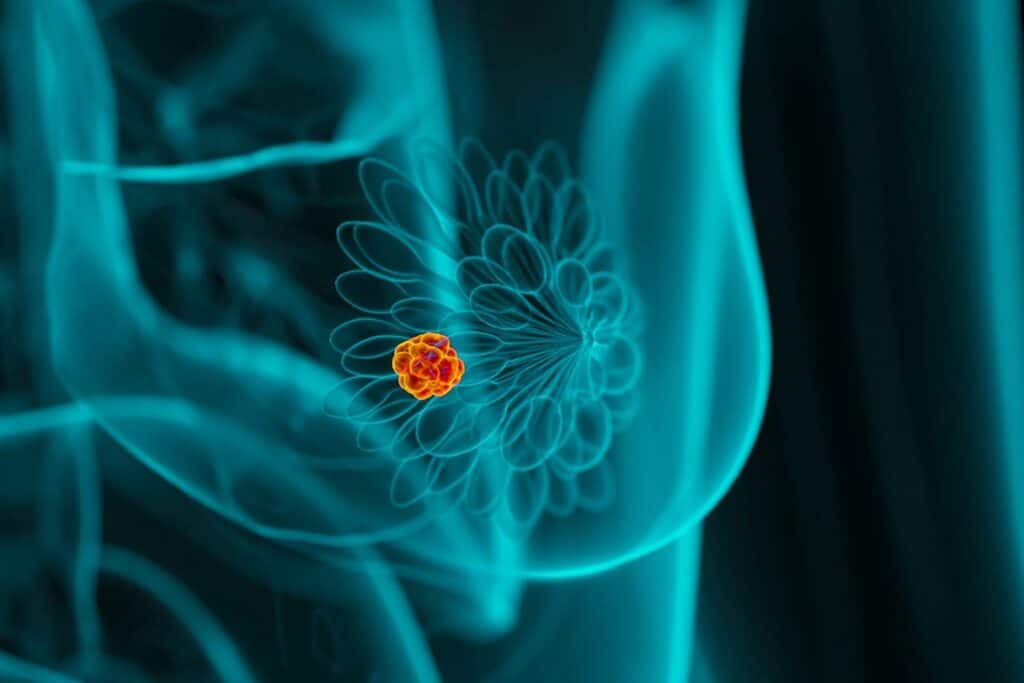A new Government medicine subsidy will allow around 2,000 Australians with an invasive and high-risk form of early breast cancer to access the first new type of medicine for their condition in more than 15 years.
VERZENIO (abemaciclib) will be made available from 1 May 2024 through the Pharmaceutical Benefits Scheme (PBS) for approximately 1,800 Australians with hormone receptor positive (HR+), human epidermal growth factor receptor 2 negative (HER2-).
The new subsidy will allow eligible patients to pay just $7.70 (concession) or $31.60 (general patients) each month.
Without the subsidy, the medicine would cost more than $100,000 for the two-year course of treatment.
Until now, VERSENIO has been available through the PBS only for eligible patients with advanced (metastatic) cancer that had spread beyond the breast to distant parts of the body.
With the new subsidy, VERZENIO will now be reimbursed for patients with the most common n (HR+, HER2-) subtype of breast cancer, where the disease is in its early stages and has a high risk of returning.
Patients with this type of early breast cancer face a one-in-three chance of their cancer coming back despite surgery, chemotherapy, radiotherapy and ongoing hormone treatment.
“Nobody wants their cancer to return. Unfortunately, for around a third of all patients with early breast cancer, it will come back,” said Professor Fran Boyle AM, Medical Oncologist at Mater Hospital North Sydney, who was an investigator in VERZENIO clinical trials.

“Patients with high risk factors are three times more likely to have their cancer return than those with low-risk characteristics, and it generally returns as an incurable advanced disease,” Professor Boyle said, adding that “one in eight patients with early breast cancer is classified as high risk”.
“Understandably, these women often live with a high degree of anxiety about their cancer potentially coming back and the reality of their prognosis if that were to happen.”
“The good news is that we are now able to intensify treatment during the narrow window of opportunity after surgery when patients are treated with curative intent,” Professor Boyle said.
An anaesthetist and mum of two, Siobhan McGuinness started taking Verzenio in December 2022 and is currently more than halfway into her two-year treatment course. The 38-year-old was first diagnosed with breast cancer in March 2022 but is now cancer free and has just returned to work.

“When I was told that this new treatment was showing benefits in terms of reducing the risk of recurrence, I jumped at the opportunity,” said McGuinness.
“I would take Verzenio any day of the week if there’s a chance it will give me more time with my family, and help me stay well for as long as possible. My daughter started primary school this year and that felt like a huge milestone, because when I was first diagnosed I didn’t know if I would get to see her start school.”

“I keep reminding myself that medical research has moved so fast,” said McGuinness. “The treatments that I am on now are different to what was prescribed for my cancer even ten years ago.”
“My biggest hope is that I always stay one step ahead of medical science, so I can stay well and be around long term for my kids.”


